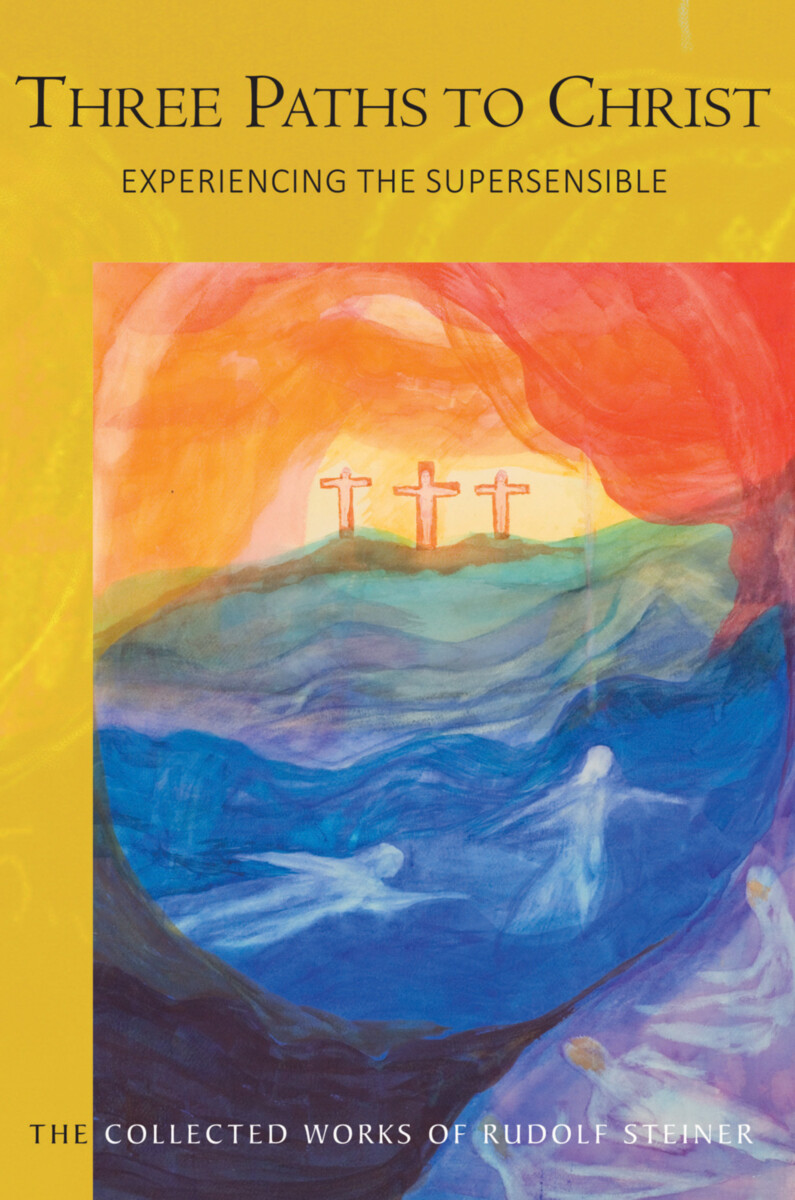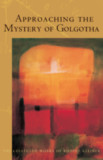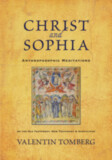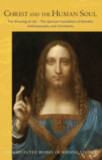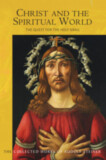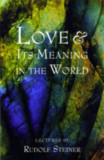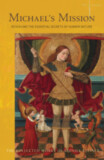Three Paths to Christ
Experiencing the Supersensible (CW 143)
- Publisher
Rudolf Steiner Press - Published
26th September 2023 - ISBN 9781855846074
- Language English
- Pages 272 pp.
- Size 6" x 9.25"
14 lectures, various cities, January 11 – December 29, 1912 (CW 143)
“Vanity and egotism often tend to speak against laying out counter-arguments that go against doing what one wants to do, because far too often people just want to be good people. One can find proof of being a good person if one only does what is applauded, yet refrains from doing what contradicts this. It is slightly uncomfortable that one can find objections to almost everything one does in life. I say this because it is extremely important for life; we are not nearly as good as we believe ourselves to be.” — Rudolf Steiner (Jan. 11, 1912)
Replete with fresh immediacy, rich spiritual content, innovation, and occasional humor, these talks were given at a time when Rudolf Steiner was preparing for independence from the Theosophical Society. Alongside the much-loved lectures “Nervousness and Ego Development”—in which Steiner shares practical exercises for coping with contemporary life’s challenges—and “Love and Its Significance in the World,” the collection finds a focal point in descriptions of the three soul paths to Christ. The first of these is via the Gospels; the second through inner experience, and the third through initiation, which Steiner characterizes as a path that transcends religion. He further elaborates these themes in a lecture entitled “Mysteries of the Kingdoms of Heaven in Parables and in Real Form.”
Elijah, John the Baptist, Raphael, and Novalis form a golden thread throughout, appearing as a fourfold herald of true Christianity of the future. In a moving yet astringent tribute to H. P. Blavatsky, the founder of Theosophy, on the tenth anniversary of her death, Steiner adds Christian verities not embraced by Blavatsky during her lifetime, as well as two stirring talks that set the mood for Christmastime—via Matthew, Eudocia and Luke—rounding off the volume with paeans to Novalis.
“...we find included that most important lecture on ‘love and its meaning in the world’ and how giving love does not accrue karmic credit but is really a ‘repayment’—we are not rewarded for it. The spiritual significance of love is highlighted with the all-too-necessary reminder that if spiritual science were to develop without love it would actually be a danger to humanity.” — Margaret Jonas (introduction)
These lectures are complemented by an introduction by Margaret Jonas, detailed notes, and an index.
This volume is a translation from German of Erfahrungen des Übersinnlichen. Die drei Wege der Seele zu Christus (GA 143). Cover image: Golgotha, by Rudolf Steiner.
C O N T E N T S:
Introduction by Margaret Jonas
1. Nervousness and Ego Development
2. Human Soul Activity through the Ages
3. The Path of Knowledge and Its Connection with Human Morality
4. Anthroposophy, Consciousness, and Wonder
5. Reflecting Levels of Consciousness
6. Hidden Forces in Soul Life
7. Three Soul Paths to Christ I
8. Three Soul Paths to Christ II
9. Mysteries of the Kingdoms of Heaven in Parables and Real Form
10. Prophecy and Heralding Christ’s Impetus
11. Synthesizing Worldviews—A Fourfold Herald
12. Love and Its Significance in the World
13. The Birth of the Light of the Earth out of Christmas Darkness
14. Novalis—Proclaimer of a Spiritually Conceived Christ Impetus
Significant Events in the Life of Rudolf Steiner
Index
Rudolf Steiner
Rudolf Steiner (b. Rudolf Joseph Lorenz Steiner, 1861–1925) was born in the small village of Kraljevec, Austro-Hungarian Empire (now in Croatia), where he grew up. As a young man, he lived in Weimar and Berlin, where he became a well-published scientific, literary, and philosophical scholar, known especially for his work with Goethe’s scientific writings. Steiner termed his spiritual philosophy anthroposophy, meaning “wisdom of the human being.” As an exceptionally developed seer, he based his work on direct knowledge and perception of spiritual dimensions. He initiated a modern, universal “spiritual science” that is accessible to anyone willing to exercise clear and unbiased thinking. From his spiritual investigations, Steiner provided suggestions for the renewal of numerous activities, including education (general and for special needs), agriculture, medicine, economics, architecture, science, philosophy, Christianity, and the arts. There are currently thousands of schools, clinics, farms, and initiatives in other fields that involve practical work based on the principles Steiner developed. His many published works feature his research into the spiritual nature of human beings, the evolution of the world and humanity, and methods for personal development. He wrote some thirty books and delivered more than six thousand lectures throughout much of Europe. In 1924, Steiner founded the General Anthroposophical Society, which today has branches around the world.


